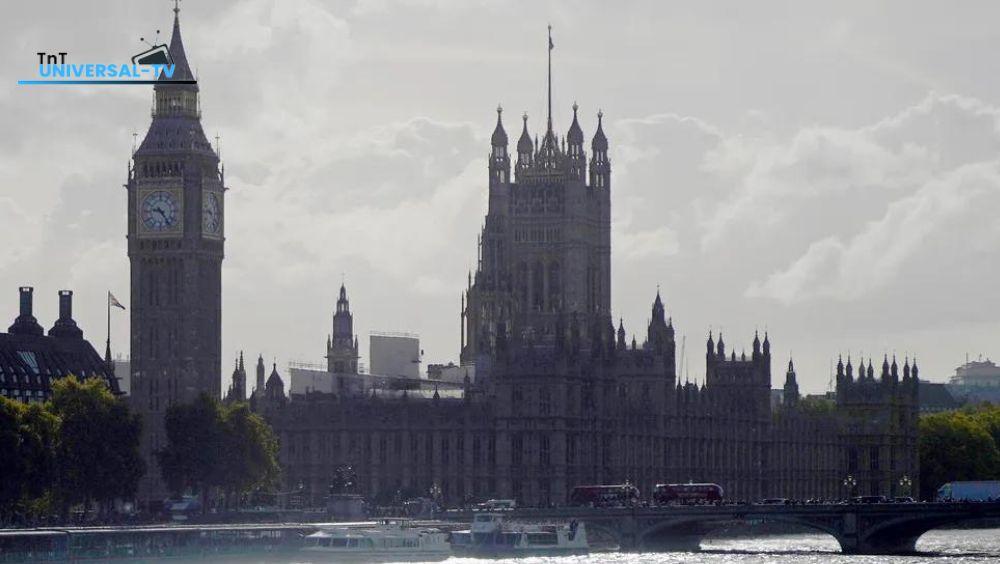
An opinion poll conducted in Britain exclusively for “TnT Universal Tv” showed that public support by the British for the sanctions imposed on Russia is still large, but it may decline if the cost of living crisis worsens.
Ipsos conducted interviews with a sample of 1,069 adults between the ages of 16 and 75 in Britain, on October 19 and 20, for the benefit of TnT Universal Tv.
The poll showed that “70 percent of the public support the implementation of sanctions against Russia because of its invasion of Ukraine.” However, only 41 percent of people now say they will “continue to support sanctions if it means another increase in energy bills”.
This is a significant drop since March, when 3 in 4 people (73 percent) were willing to put up with higher energy prices.
Since then, energy costs have more than doubled, adding more than £1,200 to a typical household’s annual bills.
A third of people (32 percent) now said they “would oppose sanctions if they lead to another increase in energy prices”, up from just 8 percent in March.
The poll indicated that “popular support for Britain role in helping Ukraine remains high”, with 59 percent of people supporting sending weapons and money into the country, and 58 percent saying the UK should accept more Ukrainian refugees.
But increases in energy bills since March have made public support for the sanctions more fragile than before.
According to the poll, 41 percent are “very concerned” about the impact of the war on the British economy, while the same percentage say it contributes “a significant amount” to higher prices.
The only factor that respondents were likely to identify as a significant contributor to inflation was the “economic policies of the Conservative government” (48 percent).
Participants also identified “excessive corporate profits, global economic headwinds and UK interest rates, as the main causes of the cost of living crisis”.
One in four (25 percent) said they were “very concerned” about not being able to pay their bills in the next six months, and 45 percent said they were “somewhat concerned”.
The survey indicated that “if sanctions increase energy bills, they will not have the support of all parts of society, as they have so far.
Half of people in relatively secure financial situations (48 percent of respondents) would continue to support sanctions, while only 27 percent opposed them.
However, among those who suffer the most from the cost of living, the number of people against sanctions will be greater than the number of people in favor.
But for now, Britain’s sympathy for Ukraine is “overwhelming”, with only 63 percent of respondents saying they “extremely worry about the impact of the war on themselves personally”, compared to 82 percent who said they “worry about Ukrainian civilians”.
And 3 in 4 people (74 percent) are concerned about the potential effects of the war on British national security.
Although additional price increases would weaken support for sanctions, most people (52 percent) would still support such measures, if they kept prices at their current high level for a longer period.
Even among those who said they find it difficult to get by at the moment, 45 percent said they would be willing to pay persistently high prices in order to support Ukraine, while 30 percent disagreed.
“These findings demonstrate sustained support for Ukraine from the British public over time, with a clear majority of them continuing to support Britain’s role in supporting Ukraine, amid widespread sympathy with the Ukrainian people,” Ipsos Research Director Kieran Bedley told TnT Universal Tv.
“Although there is concern about the impact of the war on the British economy, most of them continue to support sanctions, and believe they are necessary even as energy and food prices rise.”
However, there is some evidence that support for sanctions in the face of rising energy and food prices may not be limitless, especially if they continue to rise further over time.
